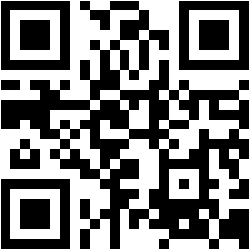Acupuncture has been used to help with depression, anxiety and stress in China since long ago. The book<HuangDi NeiJing> (an ancient Chinese medical text which has been considered as the fundamental doctrinal source for Chinese medicine for more than two millennia) has guided the therapies on depression, stress and anxiety. In London Chisense Clinic has been successfully working with people with depression, anxiety, stress, insomnia, low self-esteem, low-interest, low energy etc symptoms for a few years now, and the acupuncture results and feedback we have had have been very positive.
There are 4 main sets of depression symptoms:
- Very emotional, negative, thoughtful, sighing often, tight chest, abdominal bloating, little appetite, tired easily;
- Emotion is very low, attempted suicide, irritated, slow thinking, slow movement, dull complexion, tight chest area. If it is women, poor period, irregular, or amenorrhea;
- Bad memory, sleep problem, scared easily, palpitations, crying easily, pale or yellow complexion, little appetite and loose stools;
- Saggy, flagging, emotional low, sleep a lot, unwilling to move, irritated, fearful, palpitation, insomnia, pale complexion, impotent, spermatorrhea, women’s discharge is watery.
Traditional Chinese medicine holds that depression, stress, anxiety, etc are related to our body internal organs’ functioning situation. From the symptoms, and other indicators such as pulse, tongue etc analysis, an acupuncturist can make an accurate diagnosis then give a therapy plan. Implementing this plan will improve the symptoms such as insomnia, headaches, unstable emotion etc caused by depression, stress, anxiety.
Although depression symptoms, stress symptoms, anxiety symptoms are various in reality and the causes of depression, stress, anxiety can differ widely, we just described above the 4 main characteristic sets of depression symptoms so people can see or mirror themselves to get a clearer idea before going for acupuncture. Note – as with for any suspected health concern, you should in the first instance always consult your local GP or health professional.
Chisense Clinic is at the edge of the City, London, E1. The nearest tube is Aldgate East, Aldgate, Liverpool Street. Please look at our Contact Page to see clear directions.


Leave a Reply
You must be logged in to post a comment.